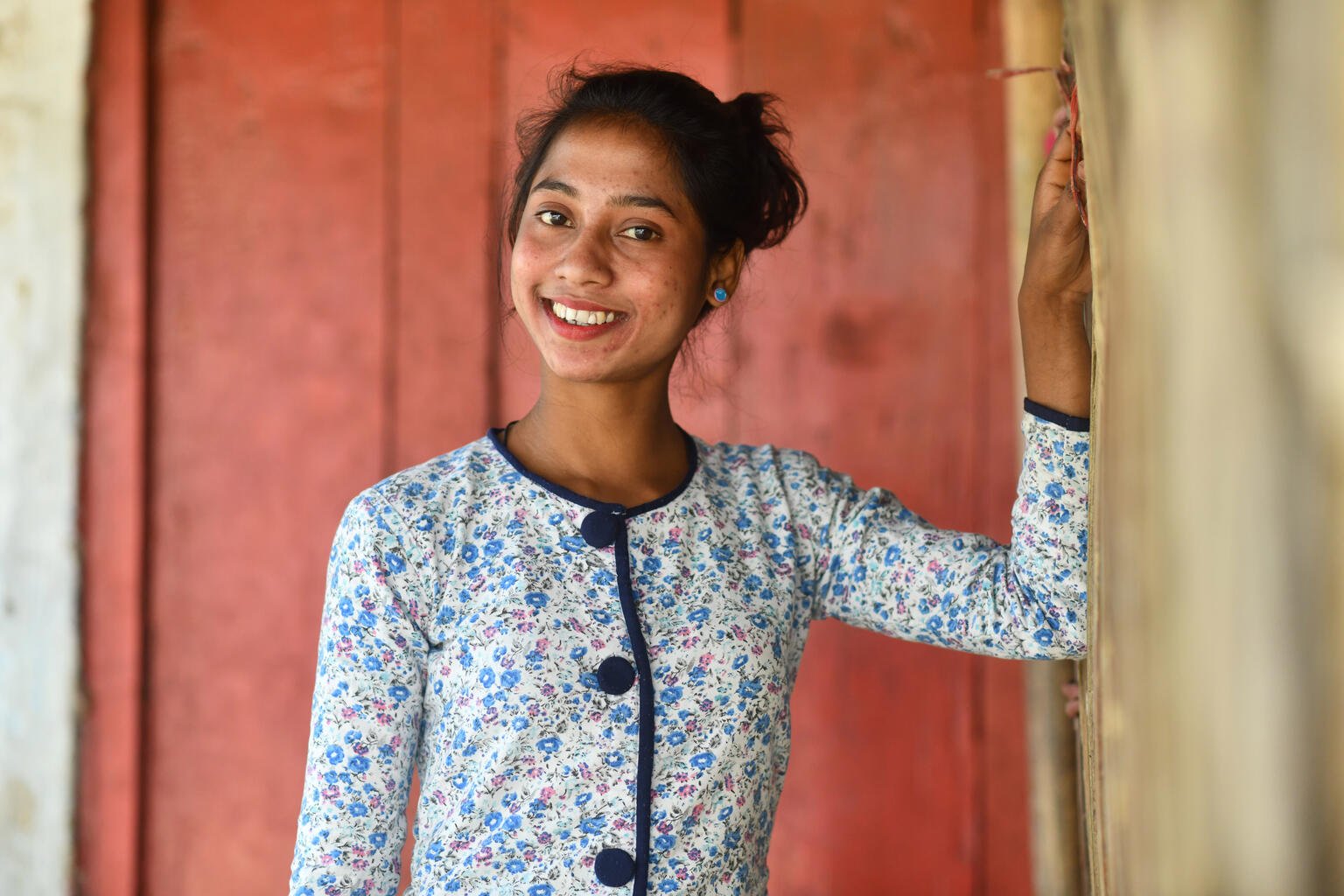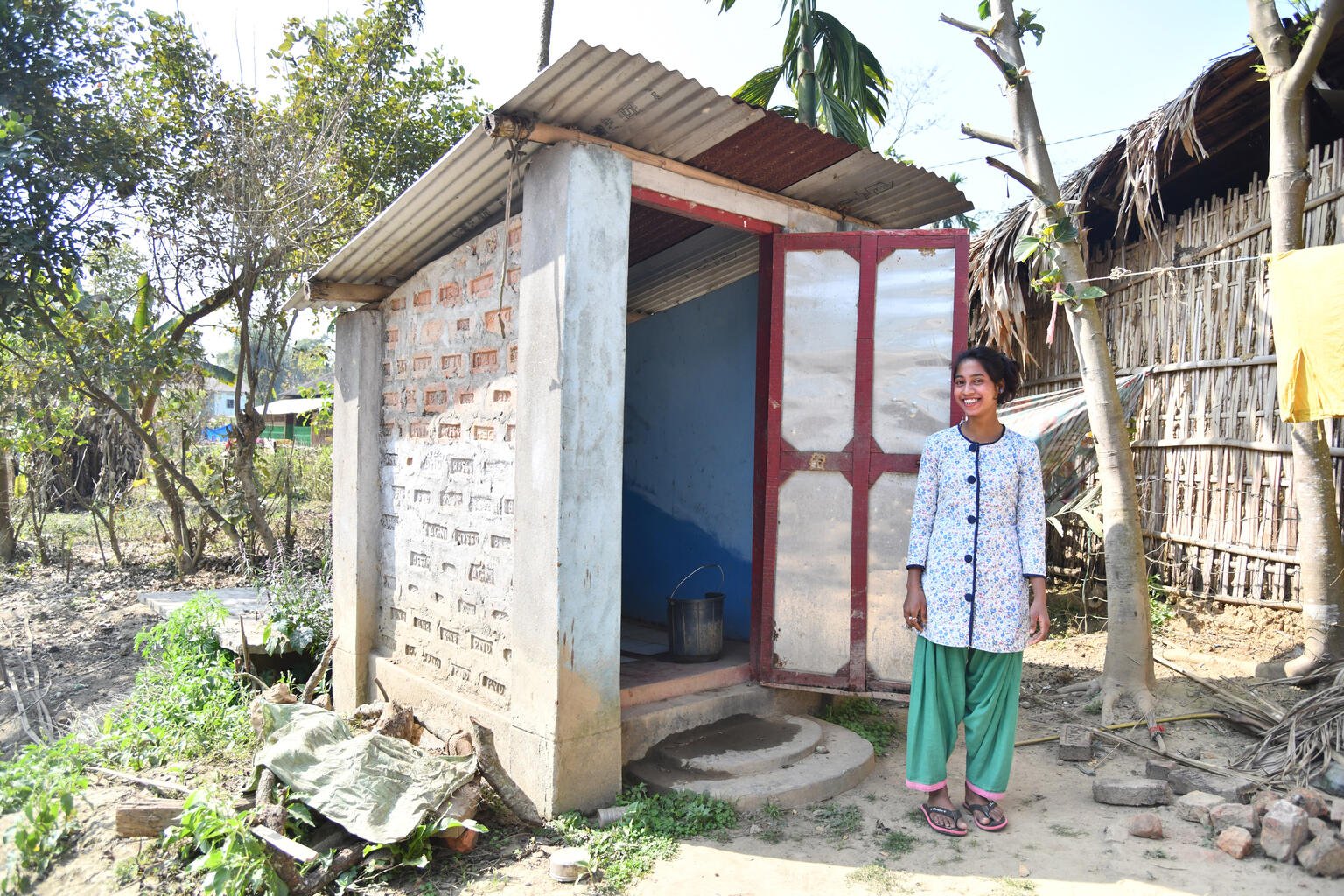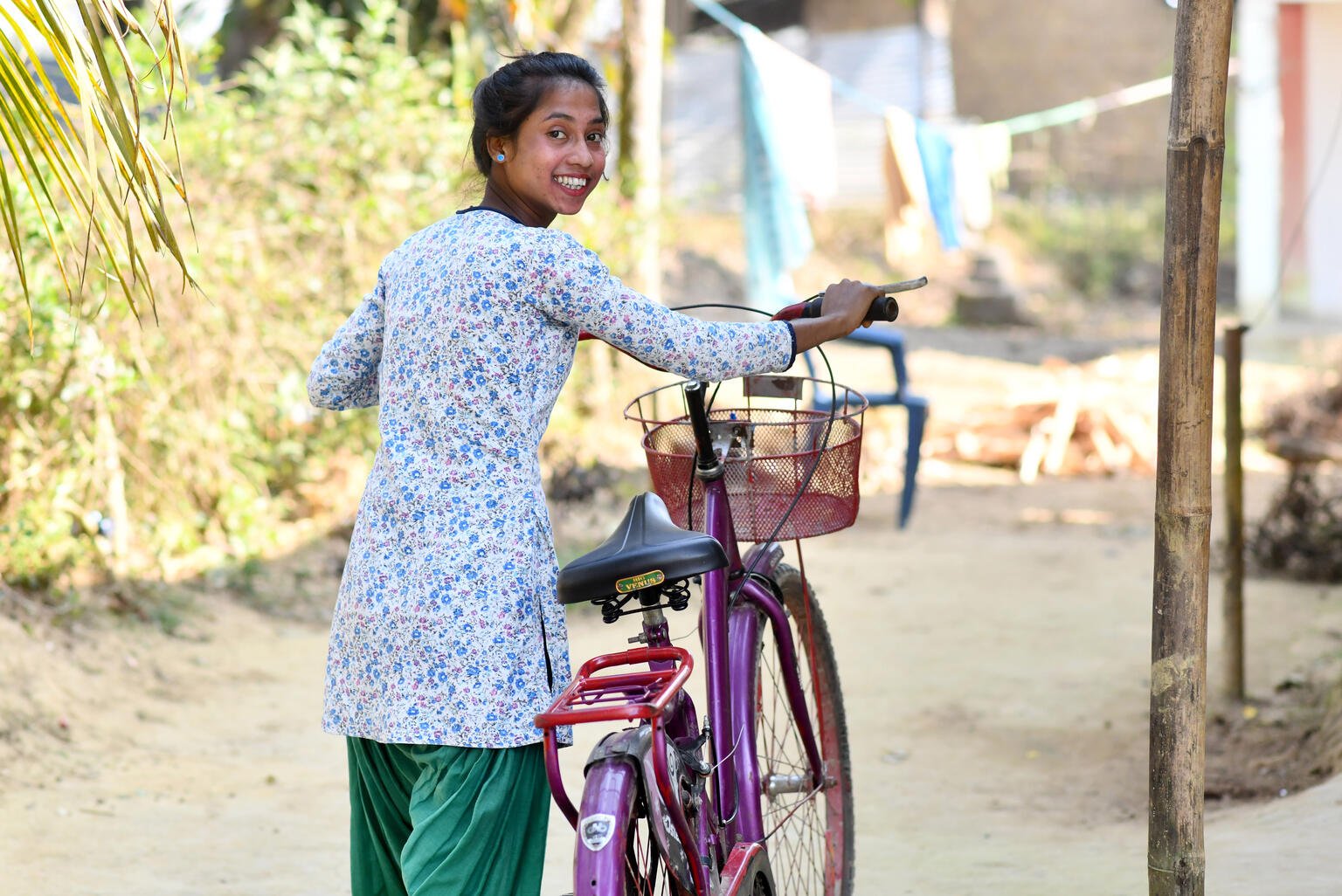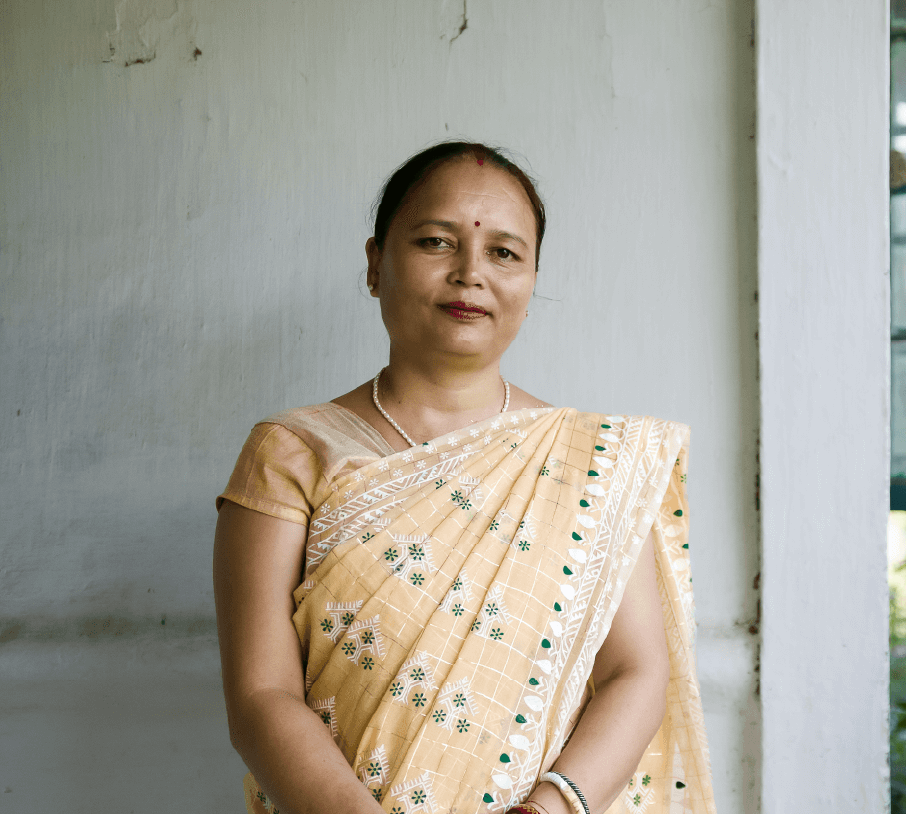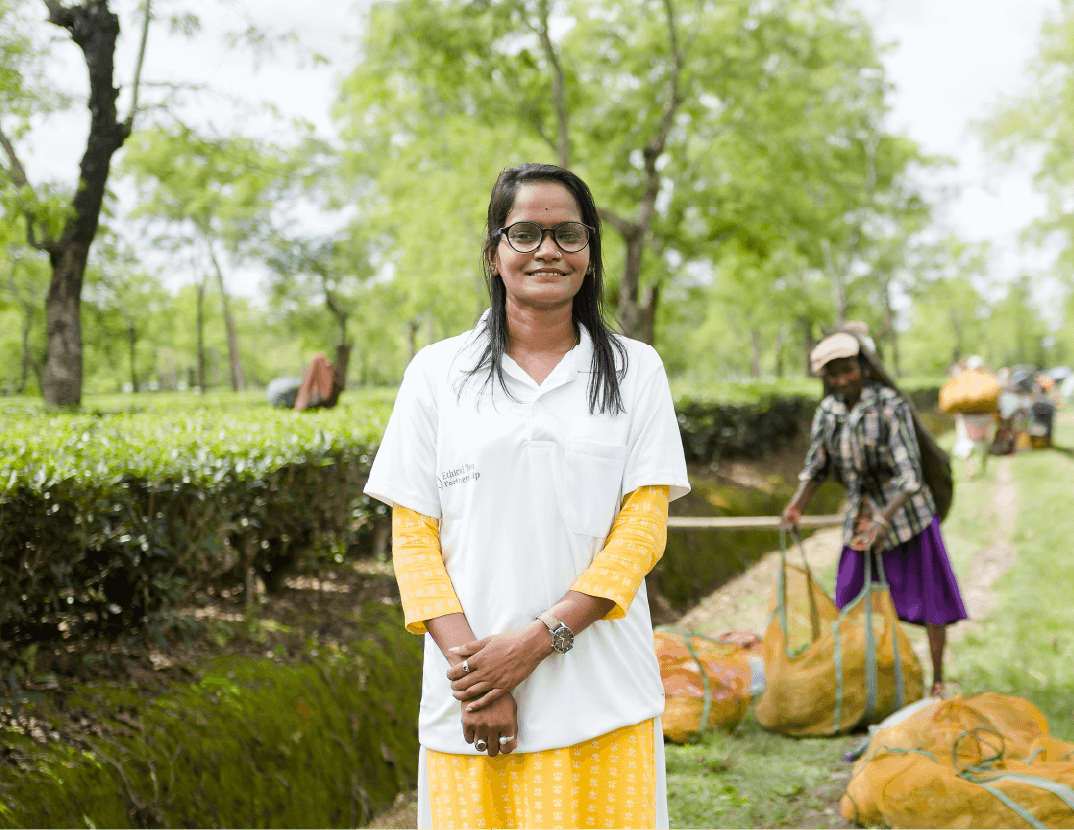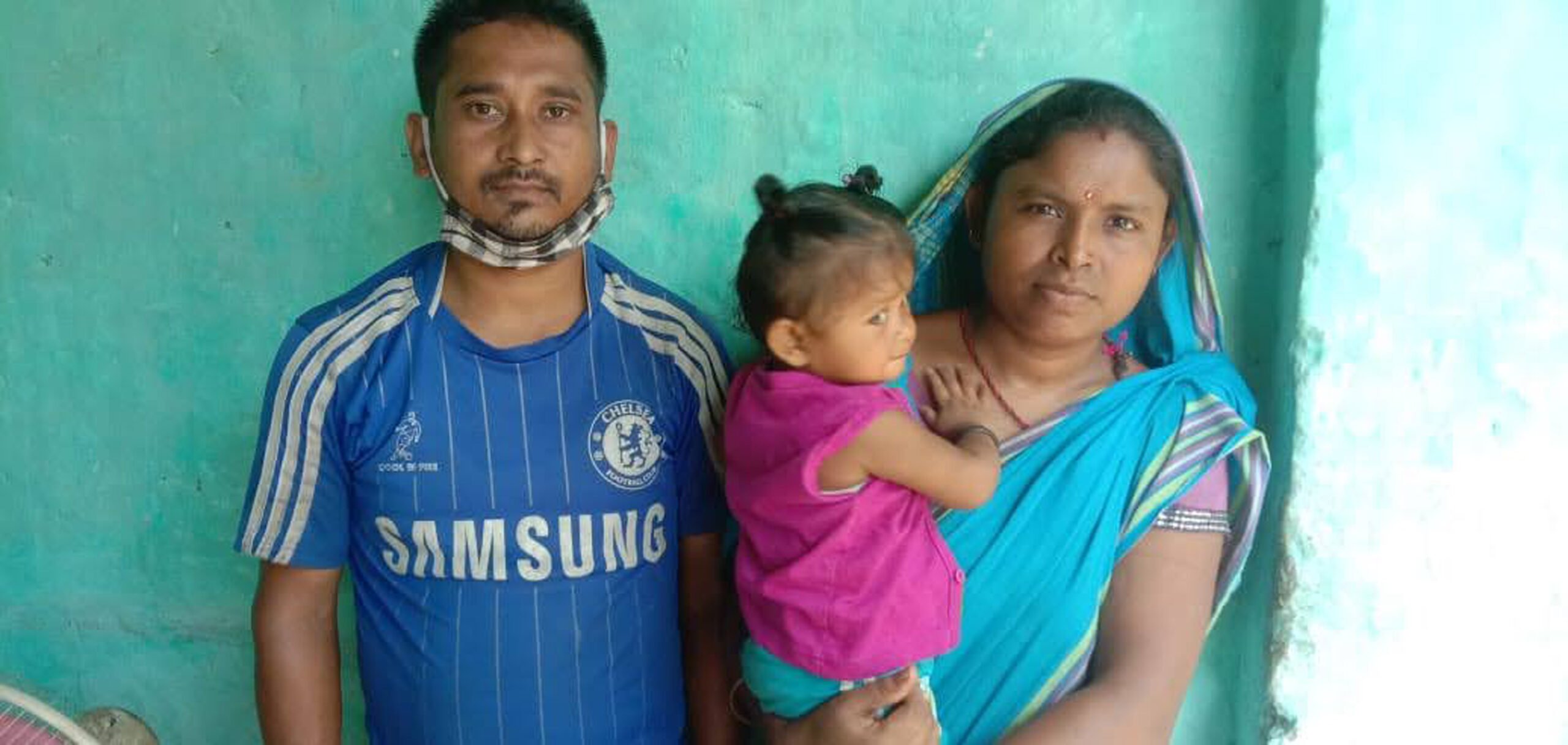ETP and UNICEF have been working together since 2014 to support people living in tea estates in Assam, India through the Improving Lives Programme.
The partnership addresses daily hardships faced by children, women, and families working in tea. Improving their access to water, sanitation, and hygiene (WASH) facilities has been a vital component.
Ending open defecation
Going to the toilet outside causes health problems in communities. Open defecation contaminates public areas and sources of water, leading to waterborne diseases, and sickness.
A safely constructed toilet and a place to wash hands therefore becomes a simple, sustainable health intervention. But people’s habits can be harder to change.
Working alongside the Assam Branch Indian Tea Association (ABITA), the Improving Lives Programme has set out to make 205 tea estates in Assam open defecation free.
One effective way has been through setting up dedicated girls’ clubs teaching life skills. As girls learn ways to protect their own health and dignity, many naturally go on to change minds and behaviours across their communities.
